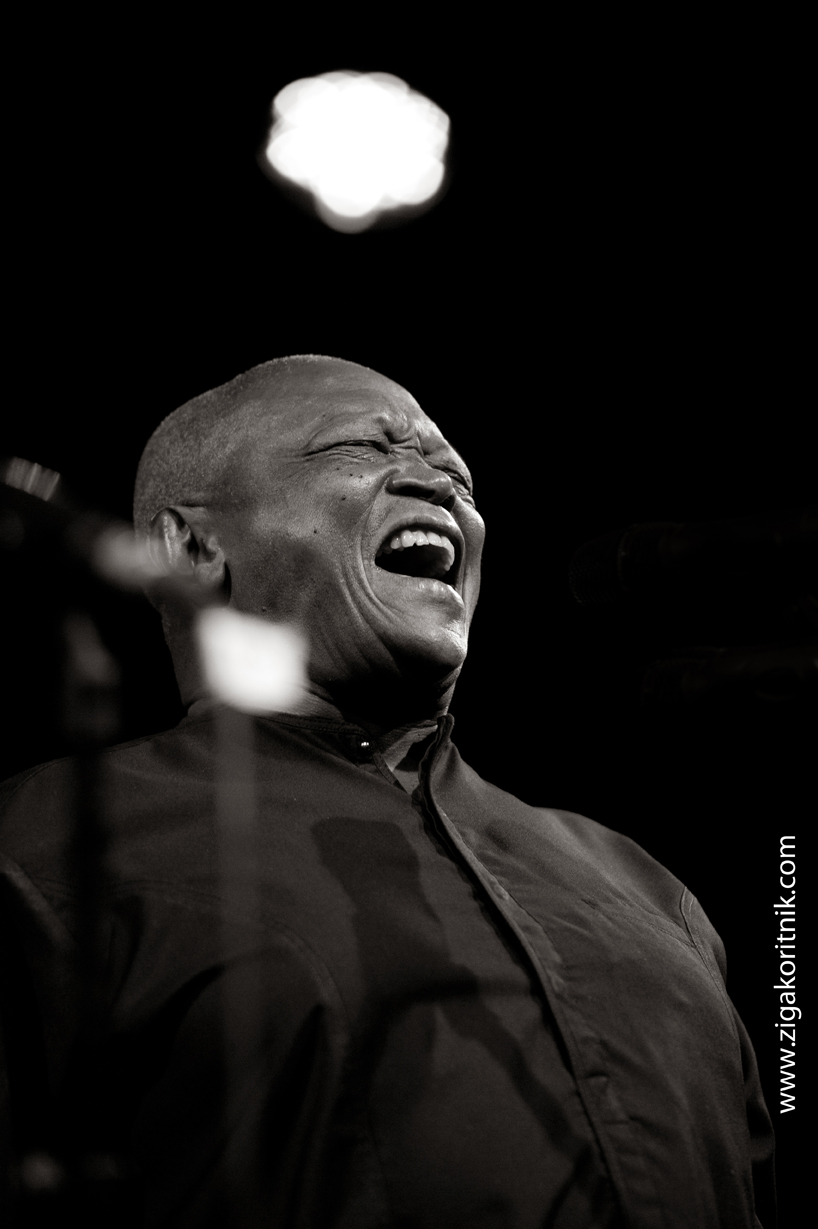
Masekela, we learned, was the South African-born trumpet player who had come to the United States in 1960 to escape the tyranny of apartheid. Far beyond the pop appeal of Grazing, Masekelas larger body of music reflected the agony, conflict and exploitation South Africa dealt with.
Our paths finally crossed last week. In conjunction with the World Cup, Masekela was in Manhattan to review the final edits of an ESPN documentary about his journey to South Africa with his son, Sal.
The piece is called Umlando, which is Zulu for Through My Fathers Eyes. It was shot over two weeks, and will be presented as a series of four-minute spots that will be broadcast during the World Cup, before and after matches. Some of the chapters are political, some are biographical each one is breathtaking. And nothing can duplicate the experience of watching a documentary about Masekela with Masekela.
The thread connecting these pieces is the spirit of handing down: father taking his son back to South Africa, introducing him to townships and villages, filling him in on the history of his country.
In one shot, Masekela laments the scourge of AIDS, which has become the new apartheid, wiping out generations of young black South Africans.
He smiles as he watches himself interact with schoolchildren, dancing, playing his horn, exhorting students to keep their spirit, cautioning them against engaging in irresponsible sex.



























